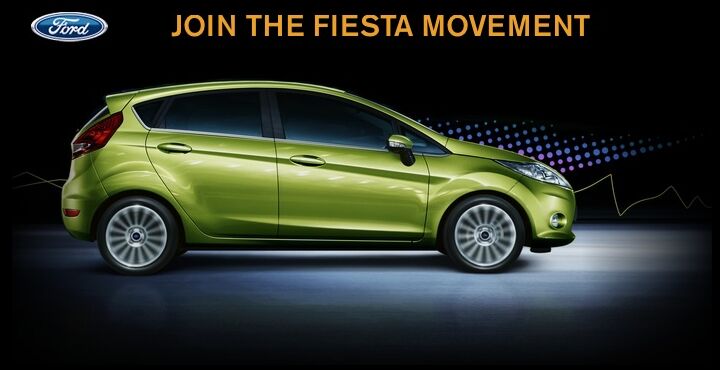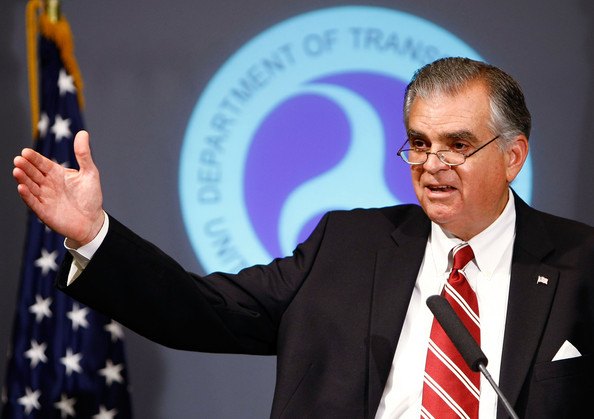#pay-per-mile
Will CAFE Cause A Small Car Glut?
CSM Worldwide seems to think so, telling Automotive News [sub] that new compacts from Ford and Chevrolet are being pushed into the market to comply with increasing fuel-efficiency and CO2 emission standards. If gas prices stay steady, CSM’s VP for Forecasting, Michael Robinet says “extreme pressure to channel smaller vehicles in the market due to CAFE and emissions standards will raise incentives and lower profitability.” “It is very possible that U.S. automakers will not achieve their objectives of selling small cars at a profit,” adds CSM CEO Craig Cather. The crux of the argument is that CAFE ramp-ups to 35.5 MPG by 2016 create incentives for automakers to produce small cars without corresponding consumer demand. Luckily there’s a planned gas tax hike for that.
Is A Gas Tax Hike Coming?
Ray LaHood seems to think so. He tells the Dallas-Fort Worth Star-Telegram:
The problem we have is, Congress wants to pass a very robust transportation bill in the neighborhood of $400 billion or $500 billion, and we know the highway trust fund is just deficient in its ability to fund those kinds of projects. The highway trust fund was substantial at one time but now with people driving less, and driving more fuel-efficient cars, it has become deficient. To index the federal fuel tax, that’s something Congress is going to have to decide. As we get into the reauthorization bill, the debate will be how we fund all the things we want to do. You can raise a lot of money with tolling. Another means of funding can be the infrastructural bank. You can sell bonds and set aside money for big projects, multibillion-dollar projects. Another way is (charging a fee to motorists for) vehicle miles traveled. The idea of indexing the taxes that are collected at the gas pump is something I believe Congress will debate. When the gas tax was raised in 1992 or 1993, in the Clinton administration, there was a big debate whether it should be indexed. At that time, they thought there’d be a sufficient amount of money collected. Now we know that isn’t the case. That is one way to keep up with the decline in driving, and more fuel-efficient cars.


















Recent Comments